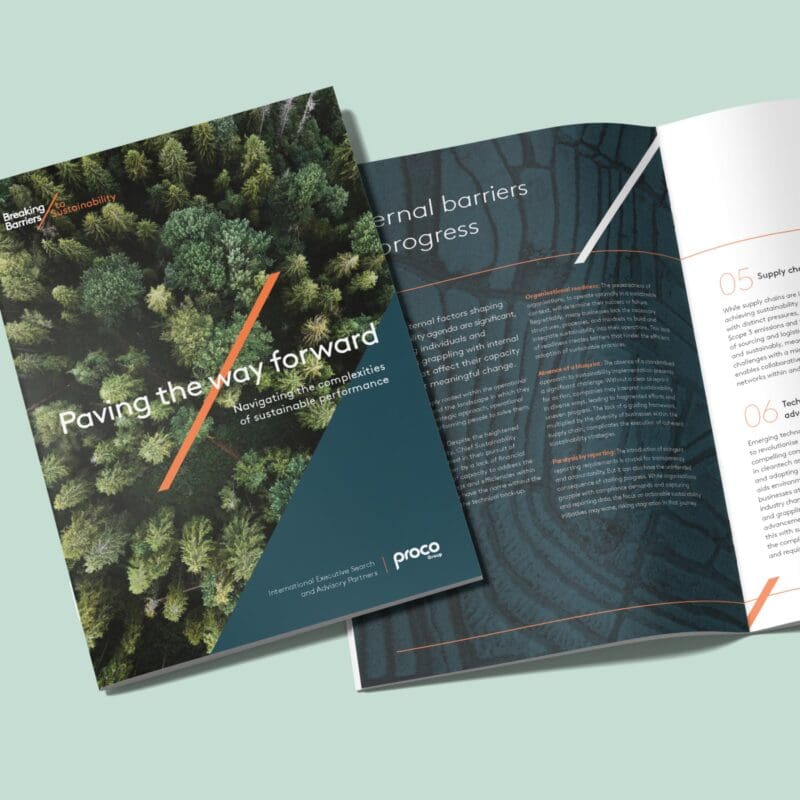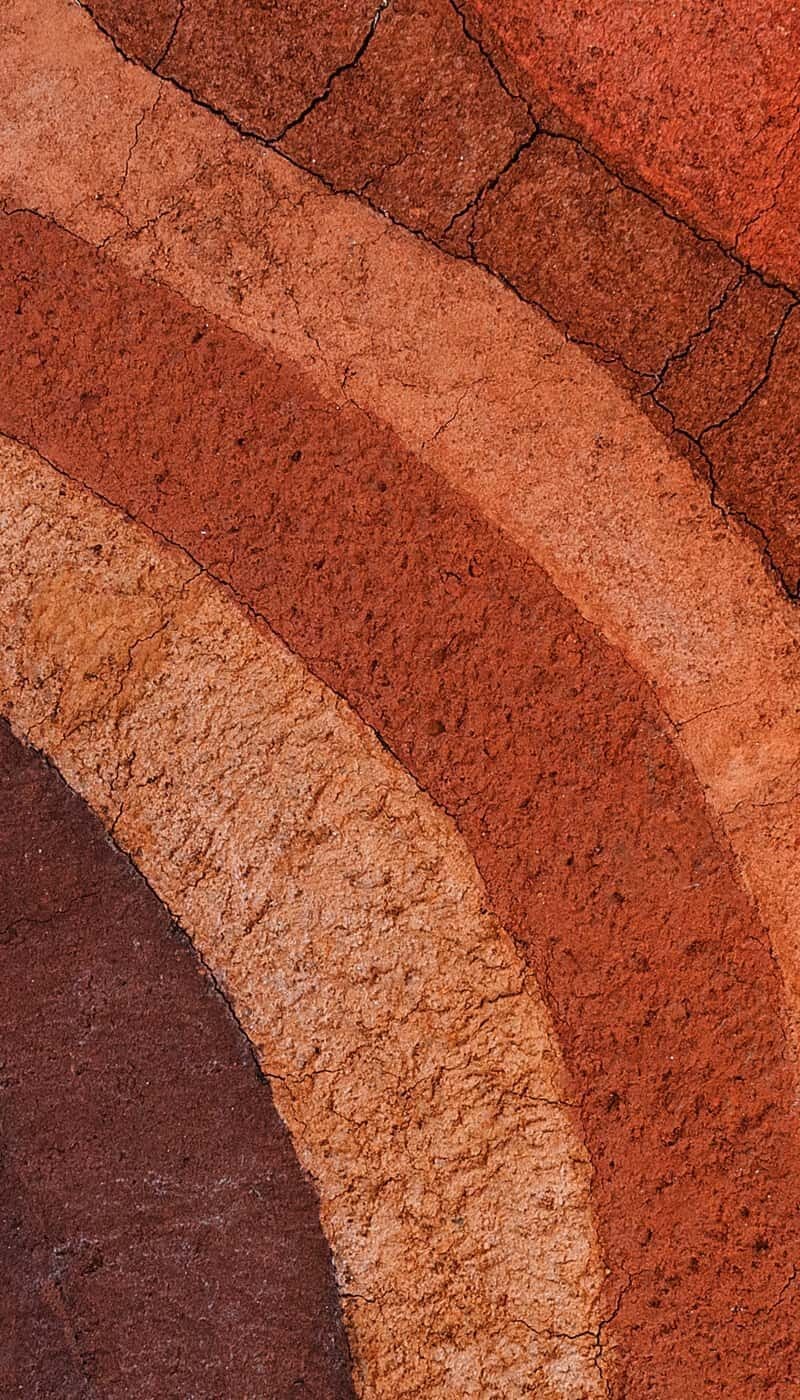Insights from across our industries, professions & regions
It’s our business to keep informed about the complex and interconnected challenges facing organisations and professionals across the major value chains.
The aim of our content is to share unique and valuable perspectives from across our network, to help you overcome barriers to innovation and highlight examples of individuals who are leading the way in their industries, professions and regions.

Breaking Barriers to Sustainability
Leaders across our markets face growing complexity, aligning commercial and sustainability goals, creating solutions that drive sustainable performance and success.
We’re sharing unique and valuable perspectives from across our network, focused on breaking down barriers to sustainability and showcasing those leading the way.
Proco Group
Home to Proco Group news and updates, from the latest hires to career stories and more
Sustainability
Paving the way forward in sustainability
Trading and Analytics
Analysing, monitoring and forecasting trends are essential for companies operating across commodity, industrial and commercial markets.
Technology
Senior leaders across commodity, industrial and consumer markets must navigate the complexities of technology to adapt to change and command a competitive position.
Finance and Risk
Building supply chain resilience with financial and risk management.
Legal and Compliance
Regulatory compliance is complex and failure to comply has wide-ranging consequences.
Procurement
Navigate the complexities of procurement to stay competitive and adapt to change.
Supply Chain Management
Senior leaders across commodity, industrial and consumer markets must navigate the complexities of supply chain management (SCM) and adapt to change to compete effectively.








